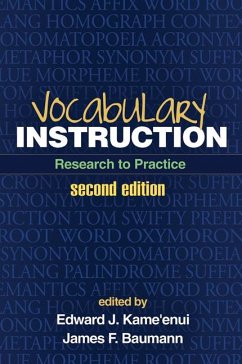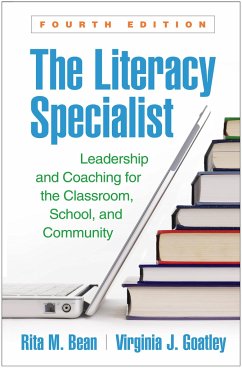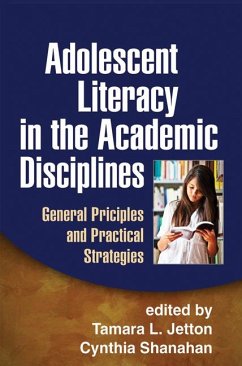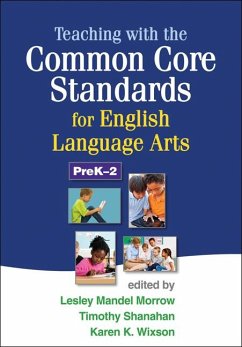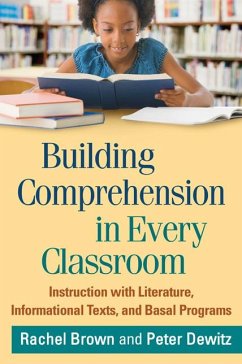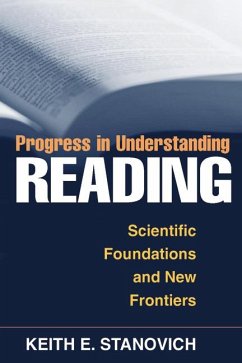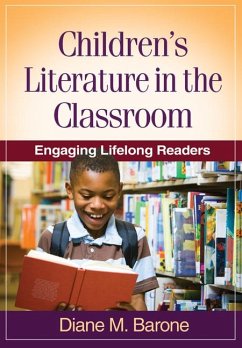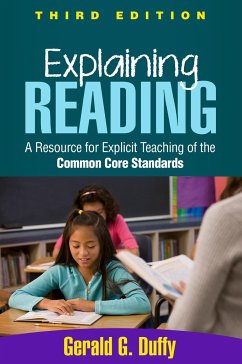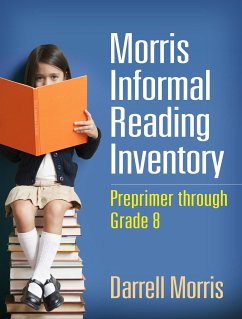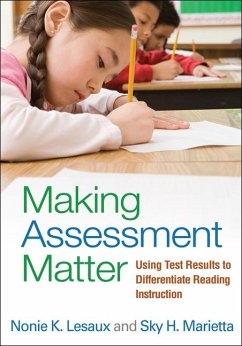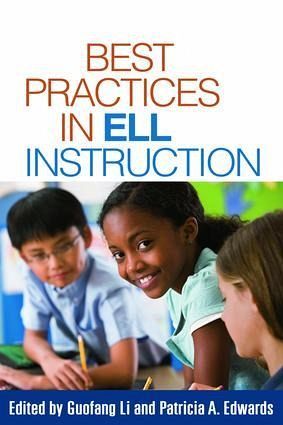
Best Practices in ELL Instruction

PAYBACK Punkte
27 °P sammeln!
In this indispensable work, prominent authorities review the latest research on all aspects of ELL instruction (K-12) and identify what works for today's students and schools. Provided are best-practice guidelines for targeting reading, writing, oral language, vocabulary, content-domain literacies, and other core skill areas; assessing culturally and linguistically diverse students; and building strong school-home-community partnerships. Chapters include clear-cut recommendations for teaching adolescent ELLs and those with learning disabilities. The comprehensive scope, explicit linkages from ...
In this indispensable work, prominent authorities review the latest research on all aspects of ELL instruction (K-12) and identify what works for today's students and schools. Provided are best-practice guidelines for targeting reading, writing, oral language, vocabulary, content-domain literacies, and other core skill areas; assessing culturally and linguistically diverse students; and building strong school-home-community partnerships. Chapters include clear-cut recommendations for teaching adolescent ELLs and those with learning disabilities. The comprehensive scope, explicit linkages from research to practice, and guidance for becoming a culturally informed, reflective practitioner make the book an ideal course text.




